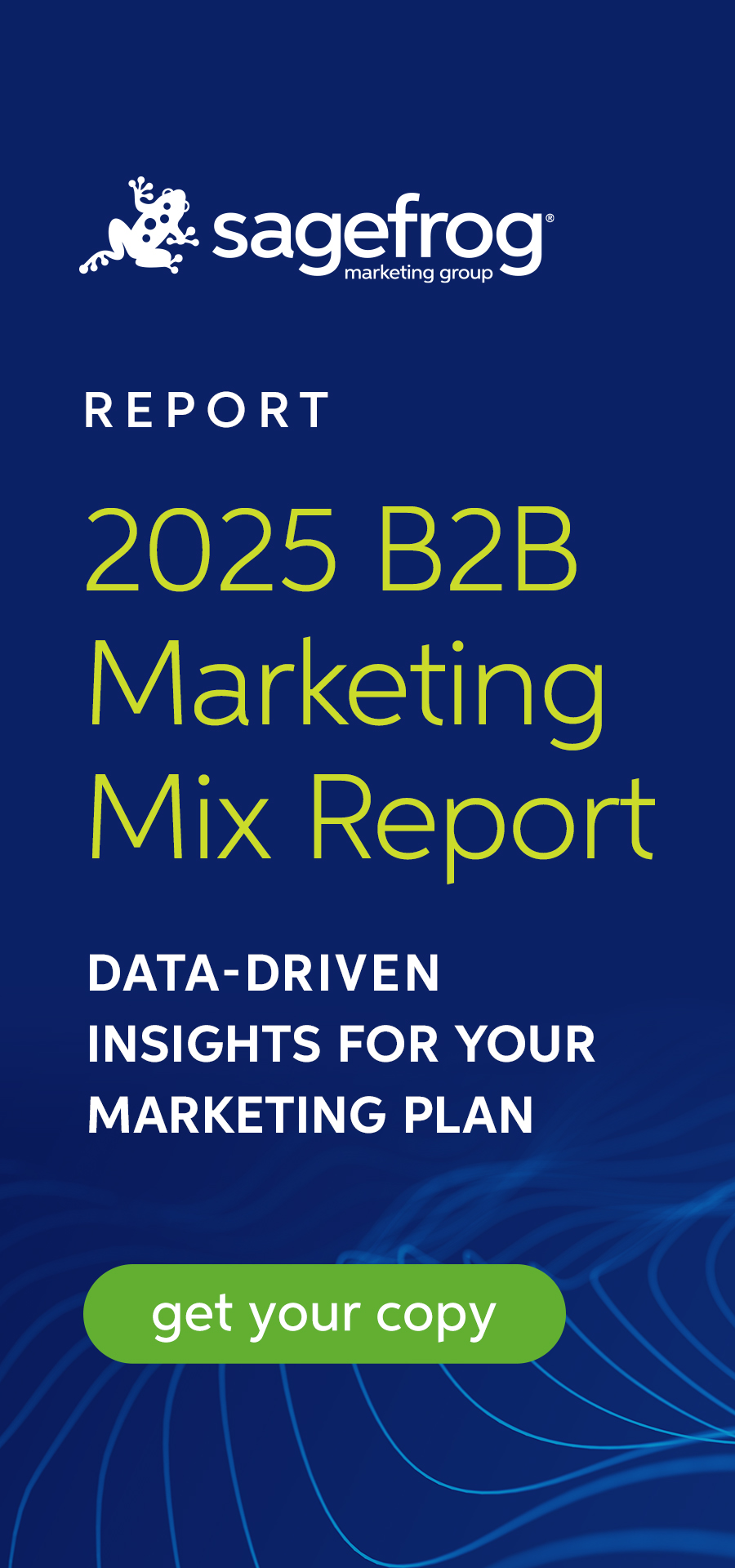Think back to the last time you made a purchase. What drove you to “Add to Cart” or walk up to the register? Was it a favorable online review? Or perhaps an endorsement by a trusted colleague? Behind every purchase—yes, even the small ones—is a decision.
For B2B buyers, navigating the decision-making process and committing to a purchase can be particularly complex and time-consuming. That’s where content marketing comes in. Content marketing aims to achieve a seemingly simple goal: to deliver relevant information and answer important questions at the precise time a buyer is in need. But achieving this goal can be surprisingly challenging!
The most effective content marketing comes from a place of understanding. To drive real results, B2B content marketers need to understand a few fundamental psychological principles and how they affect buyers’ purchasing decisions.
Keep reading as we explore the connection between B2B content marketing and behavioral psychology, along with the fundamental principles likely to affect decision-making.
🤔 What Is Behavioral Psychology?
The American Psychological Association defines behavioral psychology as “an approach to understanding psychological phenomena that focuses on observable aspects of behavior and makes use of behavior theory for explanation.” Often referred to as behaviorism, behavioral psychology follows a theory that all behaviors are learned from our environments through a process called conditioning, meaning all behavior is simply a response to different environmental stimuli we encounter.
🧠 Behavioral Psychology and Your B2B Content Marketing Strategy
Marketers use their content marketing strategy to attract website visitors, convert leads, and, most importantly, increase sales. Behavioral psychology, like content marketing, also focuses on prompting people to make a decision or respond in a specific way. Here are the key principles of behavioral psychology that can positively impact your content marketing strategy.
😵 The Frequency Illusion
Have you ever noticed something for the first time and then, all of a sudden, begin seeing the same thing over and over again? Similar to déjà vu, the frequency illusion is a cognitive bias that results in noticing a specific phenomenon on multiple occasions, leading you to believe that a particular phenomenon has increased in frequency.
In terms of content marketing, the frequency illusion can be especially valuable. For one, staying top-of-mind can help you increase brand awareness. When you’re trying to raise awareness around a specific product or service, consider developing several pieces of content focused on that product or service featuring a similar message from different angles. To create the illusion of frequency, publish these messages on multiple channels. You’ll keep your company at the top of prospects’ minds without appearing relentlessly promotional or duplicative.
💻 Information-Gap Theory
George Loewenstein’s information-gap theory posits that when someone feels there’s a gap between what they know and what they want to know, they will seek out the knowledge for themselves. Wired describes this phenomenon as a kind of mosquito bite on the brain. As humans, we’re naturally curious creatures, and content marketing seeks to provide value to those prospects looking for information to fill the gaps. Struggling to determine what topics to cover in your content marketing strategy? Turn to the information-gap theory, and you should be able to determine what gaps prospects are trying to fill and create content that bridges them.
Still unsure where to start? Check out our content marketing services.
😍 Surprise and Delight
Surprise and delight is another behavior-driven theory that can bring big benefits and help you unlock innovative, exciting content marketing strategies. The element of surprise is, if anything, addictive. It’s fun! Surprise changes buyer behavior and supercharges emotions, fueling more positive relationships between brands and B2B buyers. A surprise and delight strategy aims to achieve three primary goals:
-
- Boost customer loyalty
- Grow customer spend
- Increase word of mouth marketing
If you can create a powerful customer experience that exceeds expectations and incites excitement, you can generate one of the most powerful types of marketing—word of mouth (WOM). Social proof is a necessary part of the purchasing process for many buyers, especially those in the B2B world. Focus on crafting a delightful customer experience from start to finish, and business will come rolling in.
🎁 Reciprocity
In behavior psychology, reciprocity is considered a response to a positive effect or outcome. By providing prospects and customers with valuable content as part of your B2B content marketing strategy, you can help ensure loyalty. Examples of high-value content include eBooks and webinars, among others.
🌱 Grow Your Brand with Psychology-Inspired B2B Content Marketing
The connection between behavioral psychology and content marketing is evident. Behavioral psychology can help B2B marketers understand their customers and prospects, which is critical when developing an effective content marketing strategy. To drive results, focus on staying top-of-mind and delighting customers—whatever that means to you.
Need help getting started on your content marketing strategy or developing content? Our experienced team of marketing professionals is here to help. Contact us today!


